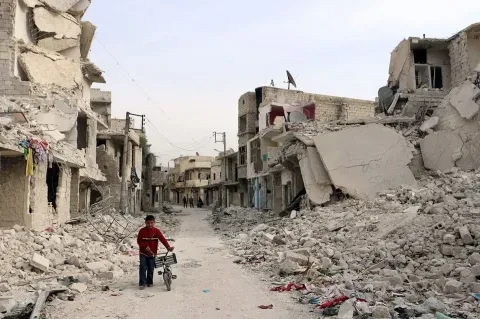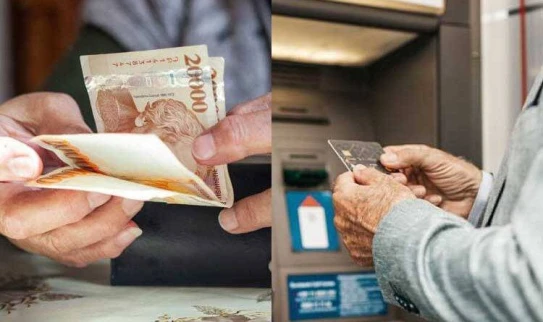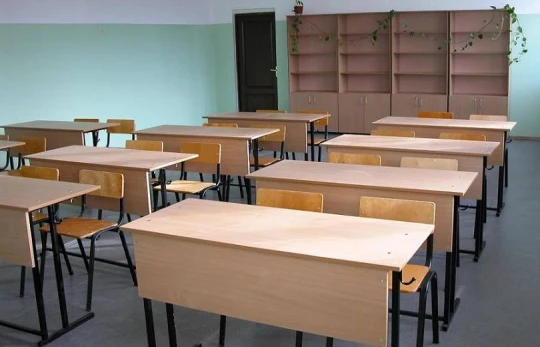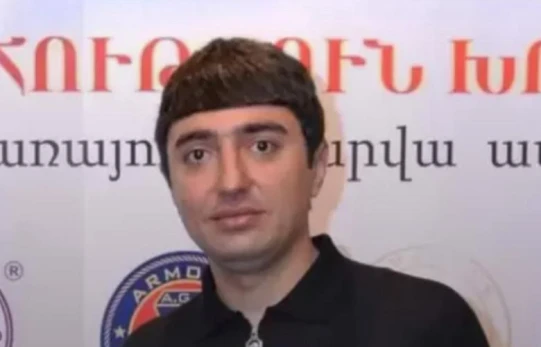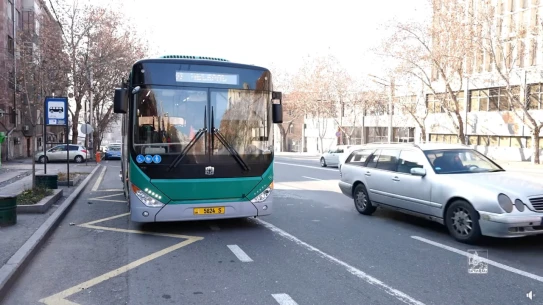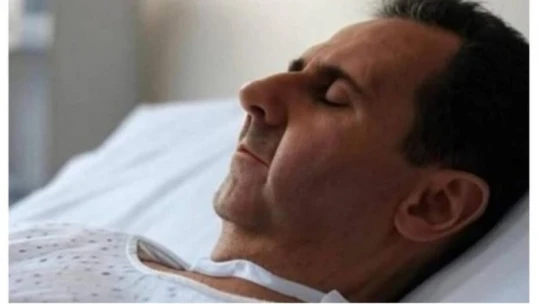The German federal government will participate in several aid projects for Syria.
60 million euros will be allocated for these purposes. Moreover, the money will not be sent directly to the Syrian authorities, German Minister of Economic Cooperation and Development Svenja Schultze announced this in an interview with Redaktionsnetzwerk Deutschland (RND).
According to Schultze, after the fall of Bashar Assad's regime, the humanitarian situation in Syria is "disastrous". 90 percent of the country's population lives in poverty and depends on humanitarian aid.
A significant part of the local infrastructure was destroyed during the ongoing civil war since 2011.
The reconstruction projects of Syria, in which Berlin will participate, will be implemented through non-governmental and international organizations.
In particular, 25 million euros should be directed to the United Nations Children's Fund (UNICEF), which, among other things, deals with the renovation of schools.
In addition, the funds will be used to help children affected by the war.
And 6 million euros will be allocated to support the organization of work in local schools. Another 19 million euros will be allocated to the United Nations Development Program (UNDP), which, among other things, deals with the organization of work for forced settlers.
The UN Foundation, which supports Syrian organizations for the protection of women's rights, will receive 3 million euros, and the remaining 7 will be allocated to local non-governmental organizations engaged in "reconciliation of different population groups."
"We have clearly formulated our expectations: an educational system free from ideology, discrimination and isolation.
If the development goes in the right direction, we are ready to do more in other fields as well," Shultze noted.
















